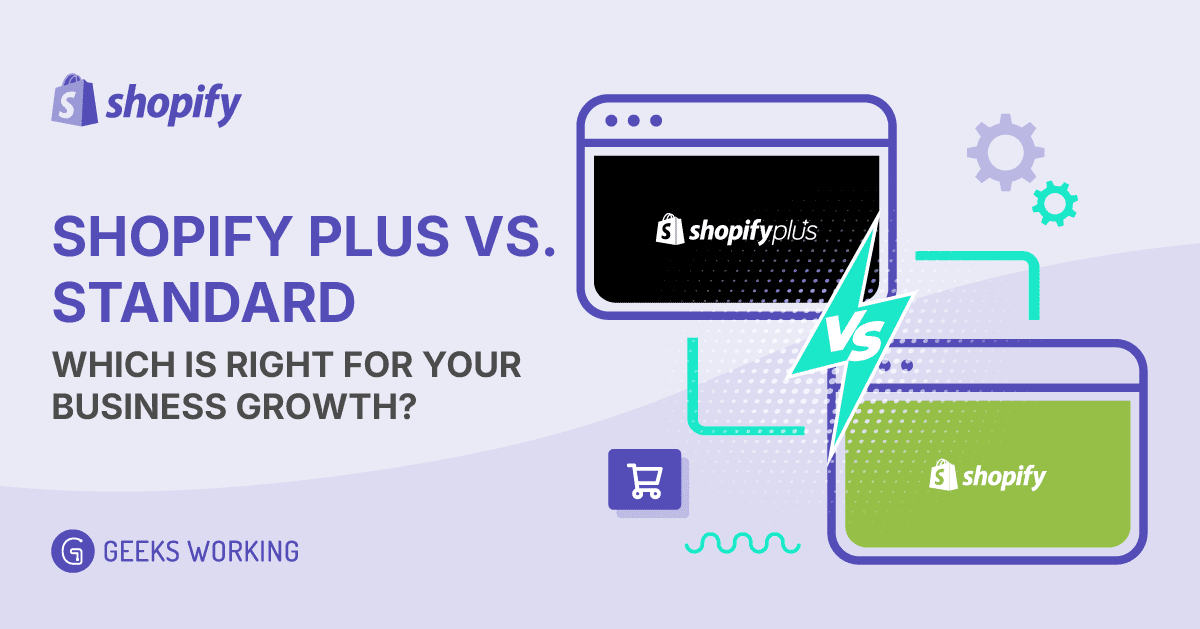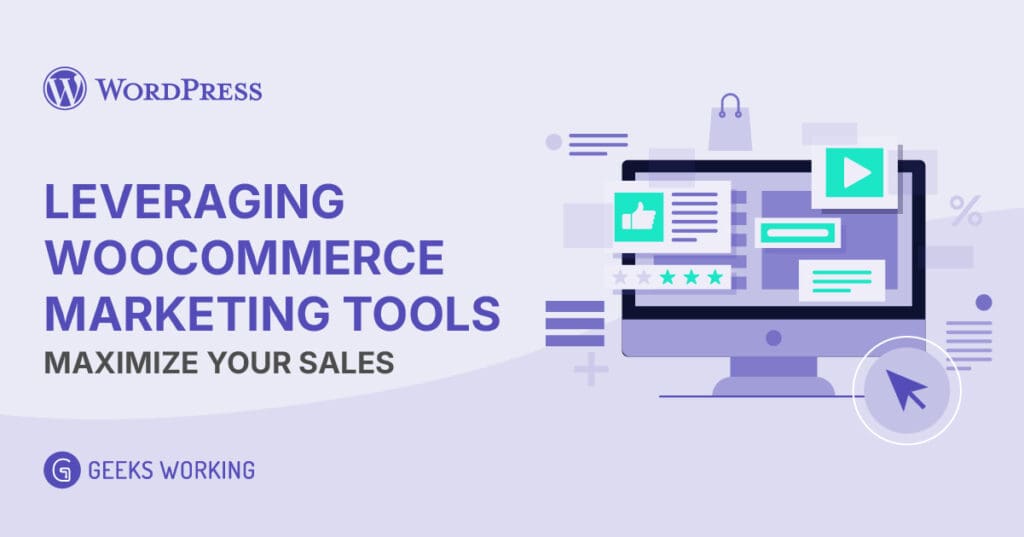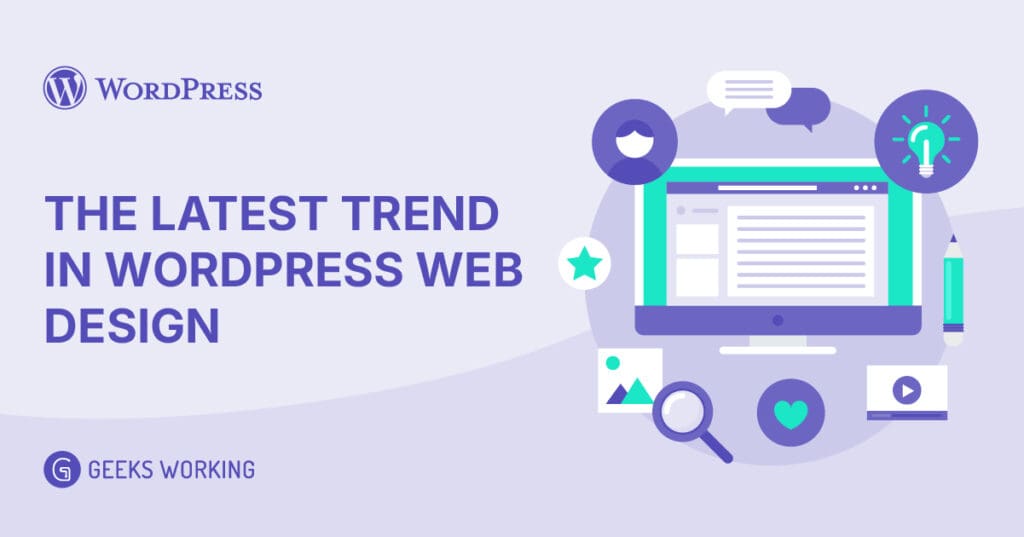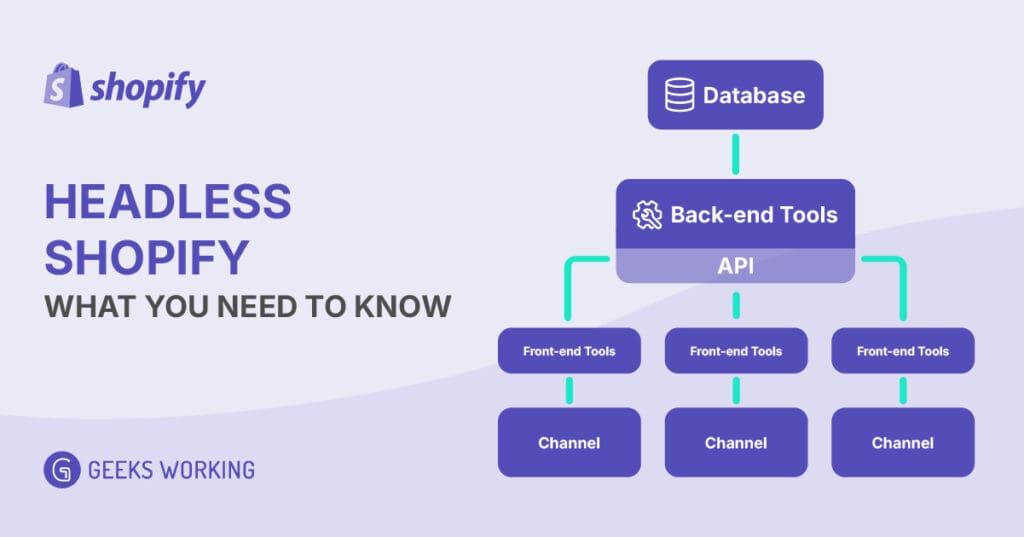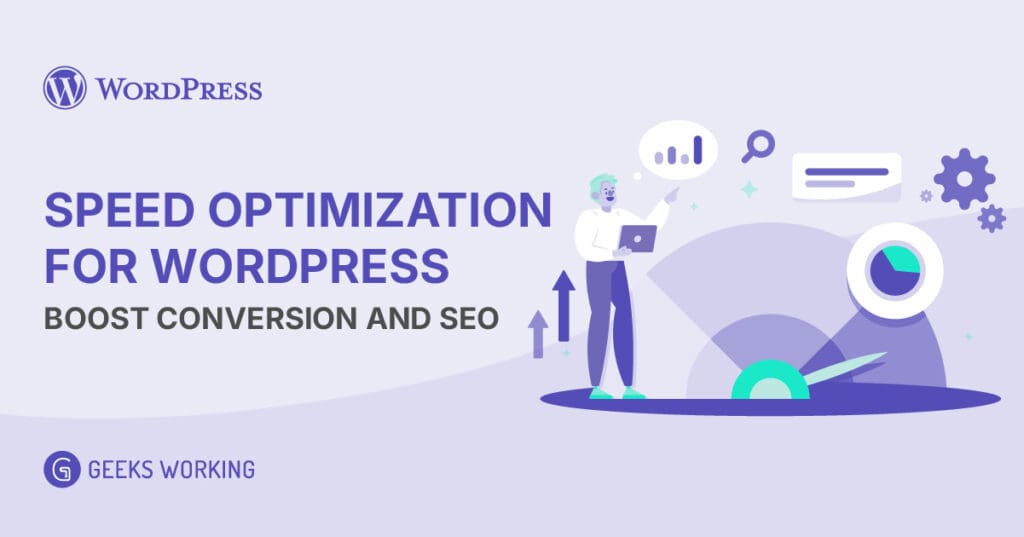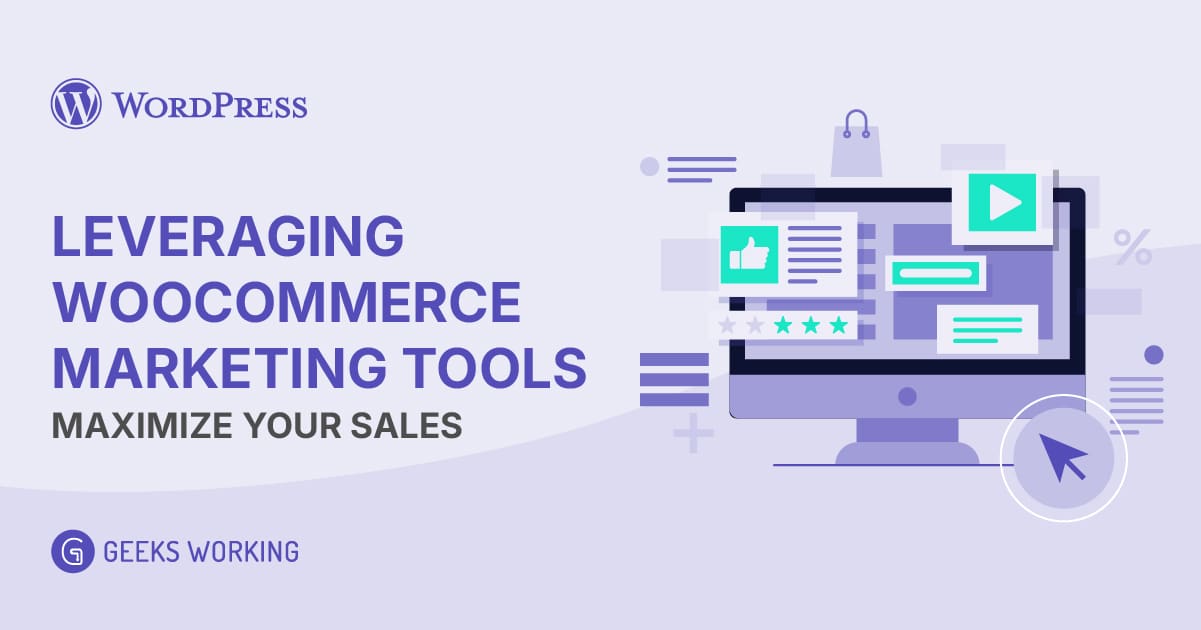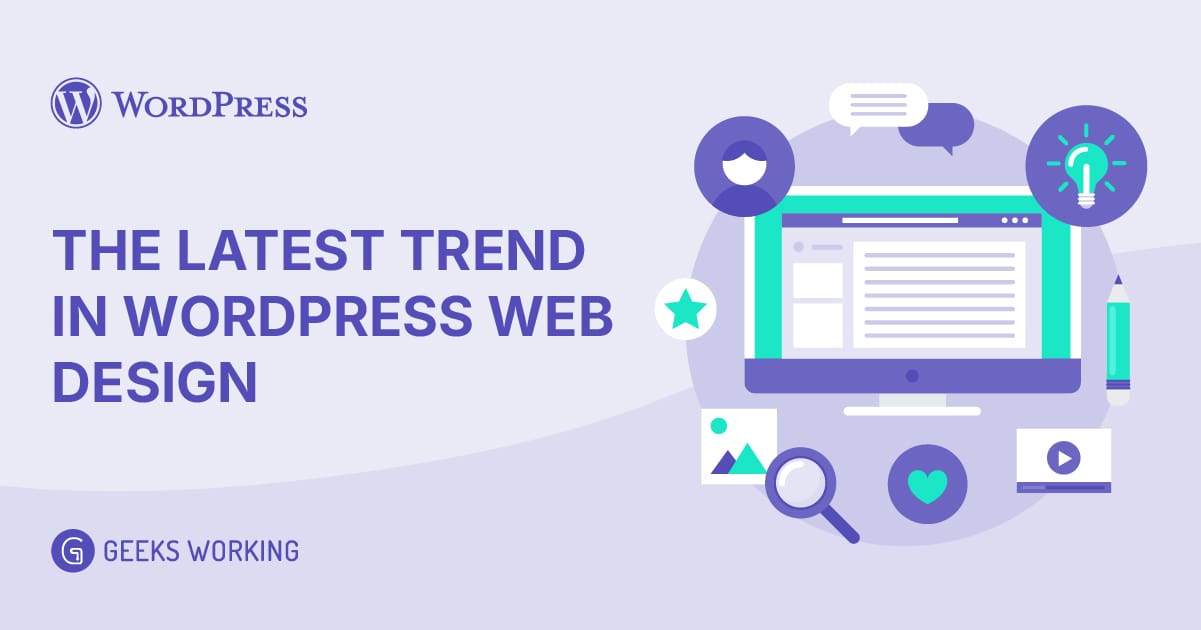Scaling an e-commerce business presents a unique set of challenges, and one of the most critical decisions you’ll face is choosing the right platform to support that growth. Are you ready to move beyond the limitations of basic e-commerce functionality, or are you just getting started? Many online retailers find themselves at this crossroads, weighing the benefits of Shopify Standard against the robust power of Shopify Plus.
This article aims to provide a clear and concise comparison of these two Shopify plans. We’ll break down the core features, advantages, and limitations of each, empowering you to make an informed decision that aligns with your business’s current needs and future ambitions. Whether you’re a burgeoning startup or an established enterprise, understanding the nuances between Shopify Standard and Shopify Plus is essential for sustainable growth. Let’s dive in and explore which platform is the perfect fit for your e-commerce journey.
Shopify Standard: The Foundation
Shopify Standard is the bedrock for countless successful online businesses. It’s designed to be user-friendly, feature-rich, and scalable for a wide range of e-commerce ventures. Think of it as the perfect launchpad for entrepreneurs and growing businesses.
Core Features
- Shopify Standard offers a robust suite of tools to get your online store up and running quickly. Key features include:
- Unlimited Products: List as many products as your inventory allows, without limitations.
- Online Store & Blog: Build a fully functional online storefront and engage your audience with blog content.
- Discount Codes & Gift Cards: Drive sales with promotional offers and flexible payment options.
- Abandoned Cart Recovery: Reclaim lost sales by reminding customers about their unfinished purchases.
- Basic Reporting: Gain insights into your store’s performance with essential analytics.
- Multiple Sales Channels: Sell on various platforms, including social media and online marketplaces.
- Various Pricing Tiers: Shopify Standard offers tiered pricing plans (Basic, Shopify, and Advanced), each unlocking additional features and benefits. The Basic plan is great for those new to selling online, while the Advanced plan offers enhanced reporting and third party calculated shipping.
Ideal For
- Shopify Standard is particularly well-suited for:
- Startups and Small to Medium-Sized Businesses (SMBs): The intuitive interface and affordable pricing make it an excellent choice for businesses entering the e-commerce space.
- Businesses with Moderate Sales Volume: For businesses with steady growth and manageable order volumes, Shopify Standard provides the necessary tools without overwhelming complexity.
- Businesses Prioritizing Ease of Use: The platform’s simplicity allows business owners to focus on selling rather than grappling with technical intricacies.
Limitations
- Below are the limitations.
- While powerful, Shopify Standard does have limitations:
- Limited Customization: Advanced customization options are restricted compared to Shopify Plus.
- Fewer Automation Features: Complex automation workflows may require third-party apps, potentially increasing costs.
- Lower API Call Limits: Businesses with high-volume API integrations may encounter limitations.
- Scaling Challenges: As businesses experience rapid growth, they may outgrow the capabilities of Shopify Standard. This can cause issues with high volume sales, and advanced integrations.
- It is important to understand that as a business scales, the limitations of standard may become more apparent.
- While powerful, Shopify Standard does have limitations:
Shopify Plus: Enterprise-Level Power
Shopify Plus is the premium, enterprise-grade solution designed for high-growth, high-volume businesses that demand scalability, customization, and unparalleled support. It’s not just an upgrade; it’s a strategic investment that unlocks a new level of e-commerce potential.
Core Features and Advantages
Shopify Plus offers a suite of advanced features that empower businesses to handle complex operations and drive significant growth:
- Higher API Call Limits: Handle massive data volumes and complex integrations with significantly increased API call limits.
- Dedicated Account Manager: Receive personalized support and strategic guidance from a dedicated account manager.
- Advanced Automation with Shopify Flow: Automate complex workflows and processes, streamlining operations and saving time.
- Launchpad: Schedule and automate flash sales, product launches, and other high-traffic events.
- B2B Capabilities: Access features designed for wholesale and B2B sales, including customer-specific pricing and payment terms.
- Headless Commerce Options: Build highly customized storefronts and integrate with various content management systems (CMS) for ultimate flexibility.
- Unlimited Staff Accounts: Allow all of your team members access to the backend of shopify.
- Advanced Security: Enterprise grade security, and PCI DSS Level 1 compliance.
- Shopify Scripts: Allows for the creation of custom logic to enhance the checkout process.
These features translate into significant benefits for high-growth businesses:
- Scalability: Seamlessly handle surges in traffic and orders without compromising performance.
- Customization: Build highly customized storefronts and integrations to reflect unique brand identities.
- Priority Support: Receive prompt and personalized assistance from dedicated experts.
- Increased Efficiency: Automate repetitive tasks and streamline workflows to boost productivity.
- Enhanced Control: Gain greater control over every aspect of your e-commerce operations.
Ideal For
Shopify Plus is ideal for:
- High-Volume Sellers: Businesses processing a large number of orders and transactions.
- Enterprise-Level Businesses: Large corporations with complex e-commerce needs.
- Brands with Complex Needs: Businesses requiring advanced customization, integrations, and automation.
- Businesses that require B2B and B2C functionality.
Pricing and Considerations
Shopify Plus utilizes a variable pricing model based on sales volume. While it represents a significant investment, the return on investment (ROI) can be substantial for businesses experiencing rapid growth. It is important to consider the costs associated with the platform, and to ensure that the increased functionality lines up with the businesses growth projections. The increased costs, are offset by the time saved, and the increase in sales that the platform provides.
Key Differences: A Side-by-Side Comparison
To help you visualize the distinctions between Shopify Standard and Shopify Plus, let’s examine the key differences that impact business growth and operational efficiency.
| Feature | Shopify Standard | Shopify Plus |
|---|---|---|
| API Call Limits | Lower, potentially limiting large integrations | Significantly Higher, accommodating extensive integrations |
| Dedicated Account Manager | General support channels | Dedicated account manager for personalized assistance |
| Automation | Basic automation through apps | Advanced automation with Shopify Flow and scripts |
| Scalability | Suitable for moderate growth | Designed for high-volume and enterprise-level growth |
| Customization | Theme customizations; limited access to core code | Full access to core code via checkout.liquid, headless commerce capabilities |
| Checkout Customization | Limited checkout customization | Highly customizable checkout experience with Shopify Scripts |
| B2B Features | Requires third-party apps | Built-in B2B features, including customer-specific pricing |
| User Accounts | Limited staff accounts per tier | Unlimited staff accounts |
| Launchpad | Not included | Included for scheduled sales events |
| Security | Standard security features | Enhanced enterprise-grade security |
| Pricing | Tiered monthly plans | Variable pricing based on sales volume |
- Scalability:
- Shopify Standard is sufficient for businesses with steady growth, but may struggle with sudden spikes in traffic. Shopify Plus is engineered for high scalability, ensuring your store remains stable during peak periods.
- Customization:
- Shopify Standard provides theme customization options, but advanced customizations require apps or custom coding outside of the standard platform. Shopify Plus offers much greater control, with direct access to core code and headless commerce options.
- Automation:
- Shopify Standard relies on third-party apps for complex automation workflows. Shopify Plus provides native automation capabilities through Shopify Flow and the ability to customize further via Shopify Scripts, streamlining complex procedures.
- Support:
- Shopify Standard offers standard customer support channels. Shopify Plus includes a dedicated account manager, ensuring personalized assistance and proactive support.
- B2B Capabilities:
- Shopify standard requires third party apps to create B2B capabilities, shopify plus offers those capabilities natively, to help streamline those operations.
By understanding these key differences, you can make an informed decision based on your business’s specific needs and growth trajectory.
Determining the Right Fit for Your Business
Choosing between Shopify Standard and Shopify Plus isn’t a one-size-fits-all decision. The optimal choice depends entirely on your business’s unique needs, growth trajectory, and long-term goals. Here’s a guide to help you make an informed decision:
Questions to Ask Yourself
- What is your current monthly sales volume? If you’re consistently processing a high volume of orders, Shopify Plus may be more suitable.
- What are your projected growth plans for the next 1-3 years? If you anticipate rapid expansion, Shopify Plus offers the scalability you need.
- Do you require advanced customization or integrations? If you need deep customization or complex integrations, Shopify Plus’s flexibility is essential.
- Do you need advanced automation capabilities? If you have complex workflows that need automation, shopify plus offers the tools.
- Do you require B2B functionality? If you sell to other business, shopify plus offers those tools natively.
- What is your budget? Shopify Plus represents a significant investment, so ensure it aligns with your financial capabilities.
- Do you need dedicated, personalized support? If priority support is crucial, Shopify Plus provides a dedicated account manager.
- How important is security to your business? If you handle sensitive data, the enhanced security of Shopify Plus is a major advantage.
Factors to Consider
- Budget: Evaluate the cost of each plan and assess the potential ROI.
- Growth Plans: Choose a plan that can accommodate your future growth without limitations.
- Technical Expertise: Consider your team’s technical capabilities and the level of support you require.
- Business Complexity: Assess the complexity of your operations and the need for advanced features.
- Integration Needs: Consider the amount of integrations you will need to utilize.
When to Upgrade
- You’re consistently hitting API call limits: This indicates you’re outgrowing Shopify Standard’s capabilities.
- You’re experiencing significant slowdowns during peak traffic: Shopify Plus offers superior scalability.
- You need advanced automation to streamline operations: Shopify Flow and Shopify Scripts become essential.
- You’re expanding into B2B sales: Shopify Plus provides built-in B2B features.
- You require a higher level of customization: Shopify Plus offers greater control over your store’s appearance and functionality.
- You need personalized, priority support: A dedicated account manager becomes invaluable.
- When needing to heavily customize the checkout process.
- When needing to manage a large amount of staff accounts.
Conclusion
Choosing between Shopify Standard and Shopify Plus is a pivotal decision that can significantly impact your e-commerce growth. While Shopify Standard provides a robust foundation for startups and growing businesses, Shopify Plus offers the enterprise-level power and scalability needed for high-volume, complex operations.
Ultimately, the right choice depends on your business’s unique needs, growth projections, and budget. If you’re experiencing rapid growth, require advanced customization and automation, or need dedicated support, Shopify Plus is likely the better investment. However, if you’re a startup or a business with moderate sales volume, Shopify Standard may be the perfect fit.
The key takeaway is to carefully assess your current needs and future aspirations. By understanding the core differences and considering the questions outlined in this guide, you can confidently select the Shopify plan that will best support your e-commerce journey.
If you’re still unsure which platform is right for your business, we’re here to help. Contact our Shopify development agency today for a personalized consultation and let us guide you towards the optimal solution for your e-commerce success. We also offer free assessments of your current store, so we can help you understand what platform is right for you.
